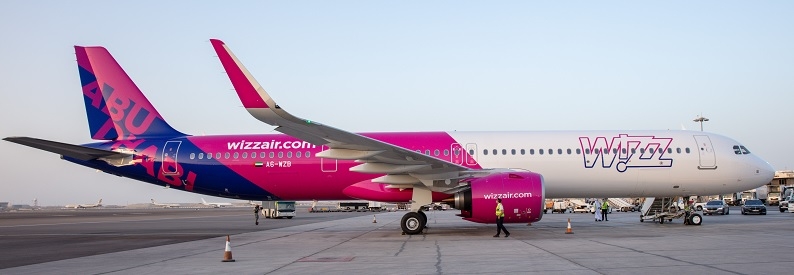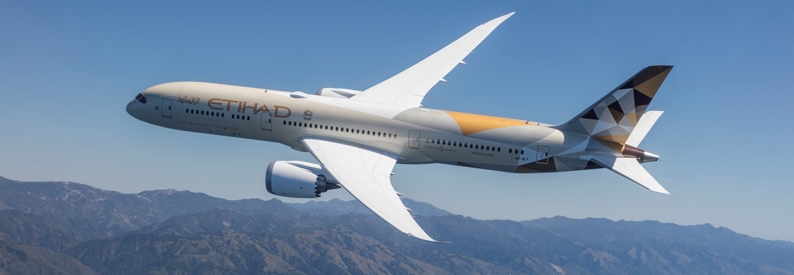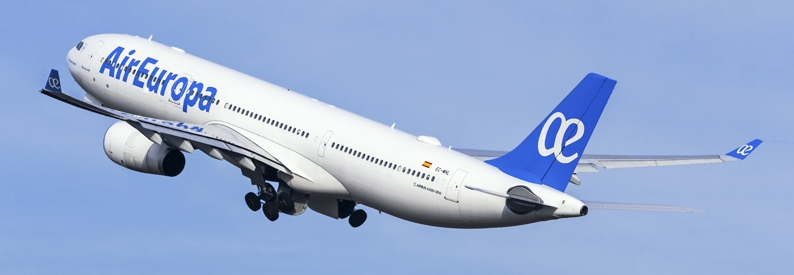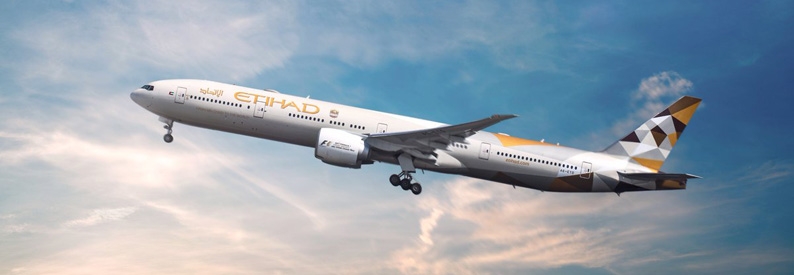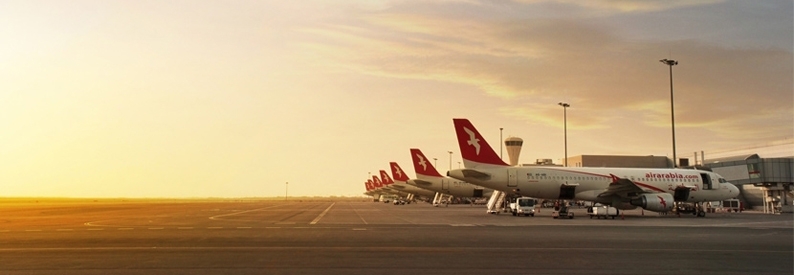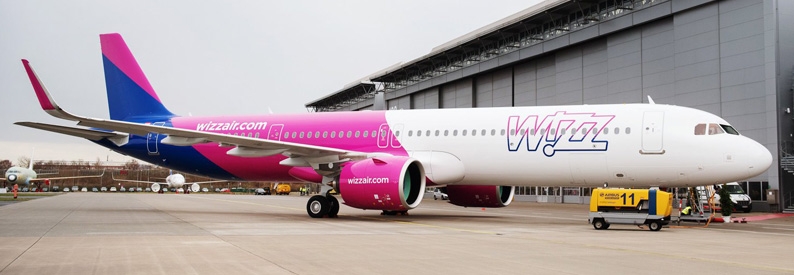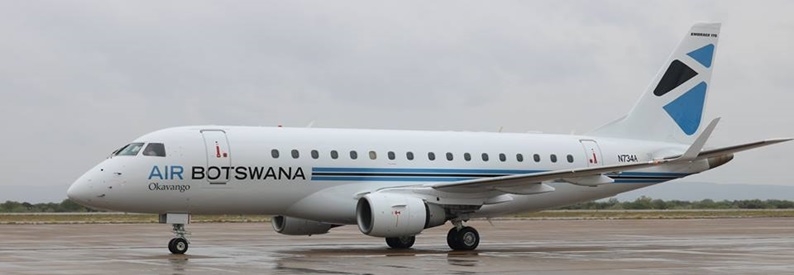Etihad Airways (EY, Abu Dhabi International) may lay off more than 20% of its cabin crew and will keep its fleet of ten A380-800s grounded unless demand improves as the airline scales down its operations in response to a slow recovery in travel demand.
In an internal email seen by Reuters, cabin crew was told those affected would be notified within 24 hours, without saying how many would lose their jobs, However, a company source told Reuters at least 1,000 of 4,800 cabin crew could be affected. This followed a similar notice sent to pilots. In a second email seen by Reuters, Etihad said a remaining surplus of cabin crew would be placed on unpaid leave.
In a statement on November 8, Chief Executive Officer, Tony Douglas, confirmed management cuts and restructuring as part of plans that would see the Abu Dhabi state carrier downsize to become a mid-size full-service airline, focusing on its wide-body fleet. This raised questions about the future of its narrow-body fleet, including nineteen A320-200s and ten A321-200s, with twenty-six A321-200Ns on order.
The company source said Douglas had told staff the A380s – stored since March - would continue to be parked “indefinitely”, Reuters reported.
An Etihad spokesperson told ch-aviation in an email: “As Etihad continues to focus on recovery and rebuilding our global network, we will continue to rely on the efficiencies and advantages of our twin-engine wide-body aircraft. During this period, Etihad’s ten A380s will remain grounded, unless the demand grows and there is sufficient appetite to reassess their viability. As always we continue to focus on the wellness and safety of our guests while providing the world-class service they deserve and have come to expect from Etihad.” She did not respond to questions about the planned job losses.
Etihad already lost USD5.62 billion in the four years before the COVID-19 pandemic struck in 2020. Abu Dhabi’s government has stumped up around USD22 billion for Etihad Airways since it began flying in 2003, underscoring the ambition of the oil-rich emirate to turn its national carrier into a global player and to turn Abu Dhabi International into a major airline hub like rivalling Dubai International.
Meanwhile, Etihad announced the launch of a new daily service to Tel Aviv Ben Gurion on March 28, 2021. This follows the normalisation of diplomatic ties between the United Arab Emirates (UAE) and Israel and the signing of the Abraham Accord between the countries in Washington D.C. on September 15, 2020. On October 19, Etihad was the first Gulf Cooperation Council (GCC) carrier to have operated a commercial passenger flight to and from Tel Aviv. Chief Operating Officer Mohammad Al Bulooki hailed the development as "an historic moment".
- Type
- Base
- Aircraft
- Destinations
- Routes
- Daily Flights

